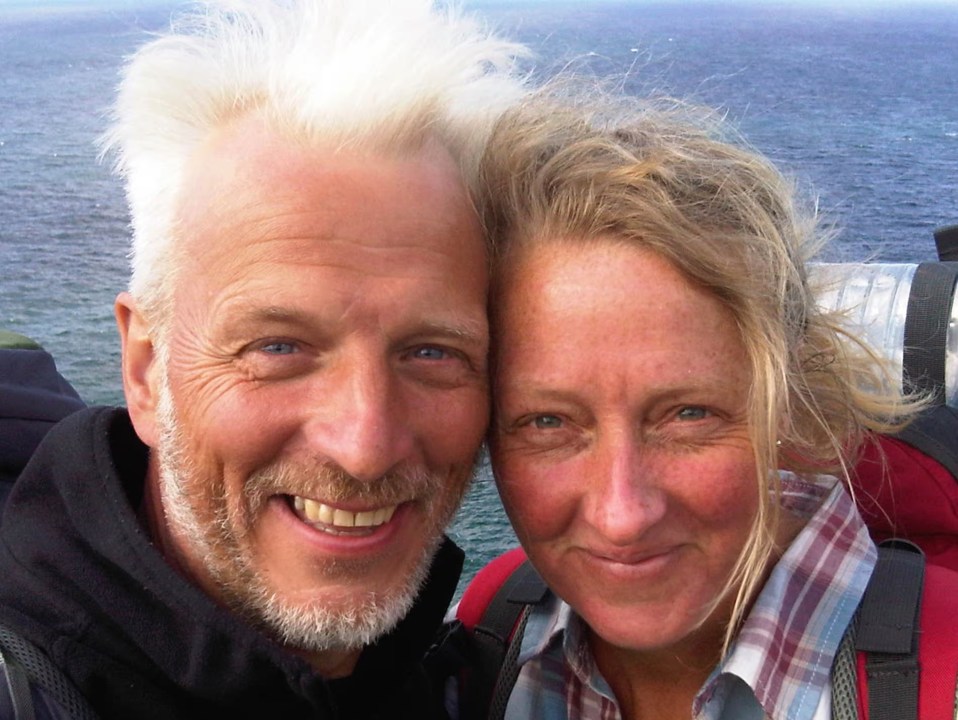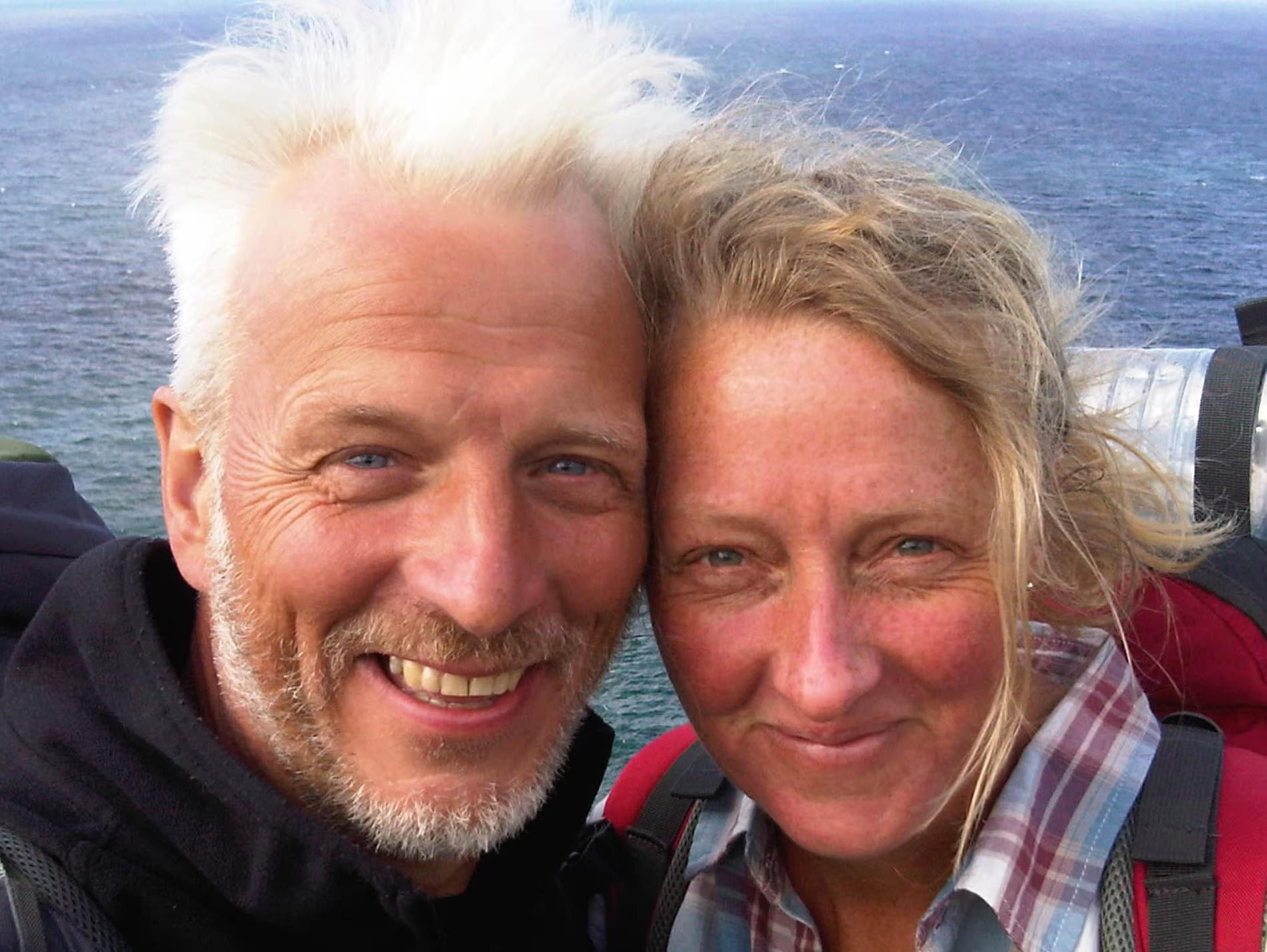The news that Raynor Winn’s bestselling memoir The Salt Path may not have been the whole truth has been met with a mixture of outrage, hilarity and ‘I told you so’. Many readers have smugly informed the world that Winn’s journey along the Salt Path with her husband Moth (Moth!) was so obviously a work of fiction that they saw through it months before anyone else. The fact that they have waited until now to make their dissent public suggests they, like so many others, may have been wise well after the fact.
Personally, I watched the news unfold with more than usual interest, because it took me back to my own dabblings with memoir. Not my own, thankfully – we shall have to wait a few decades for that – but when, more years ago than I care to remember, I was working at a Soho literary agency and was asked to assist the dandy, artist and drug addict Sebastian Horsley in recalling what, precisely, had happened to him in the heady days of the Eighties and Nineties.
My first meeting with Horsley was an auspicious one. I had read the existing draft of his memoir, entitled Mein Camp, and found it simultaneously horrifying and hilarious. It was a stream of consciousness that not only painted Horsley and his parents in the grimmest possible light, but gave the sense that his life so far had been an endless wallow in squalor and misery. I was fascinated to meet this man and discover the pain that he had been through.
I was therefore surprised that the cheerful, rather Wildean character who greeted me – a cross between a Byronic hero and a Dickensian grotesque, clad in a glittering red suit – did not seem like someone who had suffered beyond measure. Of course, I understood that he had led more of a life than just about anyone else I had met. After all, he kept a revolver by his bedside, a collection of skulls (including one, he claimed, that belonged to his former mother-in-law) and drugs paraphernalia. The suggestion was that he had walked on the wild side with dealers and users alike. But was this jovial figure really the catamite of hard-man Glasgow drug dealers? Had he really spent days immersed in his own filth, naked, listening to Beethoven?
I raised this with Horsley, gingerly, and his response was both surprising and disarming. ‘I made it all up.’ All of it? He laughed. ‘Oh, come on, it’s a memoir, not a work of history.’ It was not for me to quibble, and the question of fact-checking an autobiography as inimitable – and shamelessly, hilariously personal. Horsley had a simple idea for what we should do with the second draft: ‘Let’s make some more things up.’
‘I made it all up.’ All of it? He laughed. ‘Oh, come on, it’s a memoir, not a work of history’
Creating fiction out of fact is an intoxicating, liberating experience. Horsley was a fabulous storyteller, spinning yarns with the brio of an actor, and it was impossible not to be swept up by his loopy charisma. I knew that my role was to play good cop and to turn his fantasies into some sort of cohesive whole, but I was too enraptured by the sheer lunacy of what he was peddling to want to impose any literary discipline upon it.
Horsley and I worked together on the memoir – entitled Dandy in the Underworld – for the next couple of months. I tried to encourage Horsley to tell the truth, in as entertaining and evocative a fashion as he could. But it was obvious that a combination of class-A drug use and telling his stories so many times had meant that the line between fact and fiction had long since blurred. Eventually, I threw up my hands and allowed Horsley to print the legend, rather than fact.
To this day, I have no idea how much of the memoir on which I worked was literal truth, how much was embroidered fact and how much was simple creative fantasy. In a sense, it does not matter. The book remains Horsley’s epitaph – his sordid story told in splendidly entertaining fashion, in his own words.
Should Raynor Winn be hauled over the coals for her own inability to be wholly accurate, she might be tempted to respond that she, too, was writing ‘her truth’ rather than documented fact – and that this is the prerogative of any memoirist. Some might even sympathise with her.








Comments